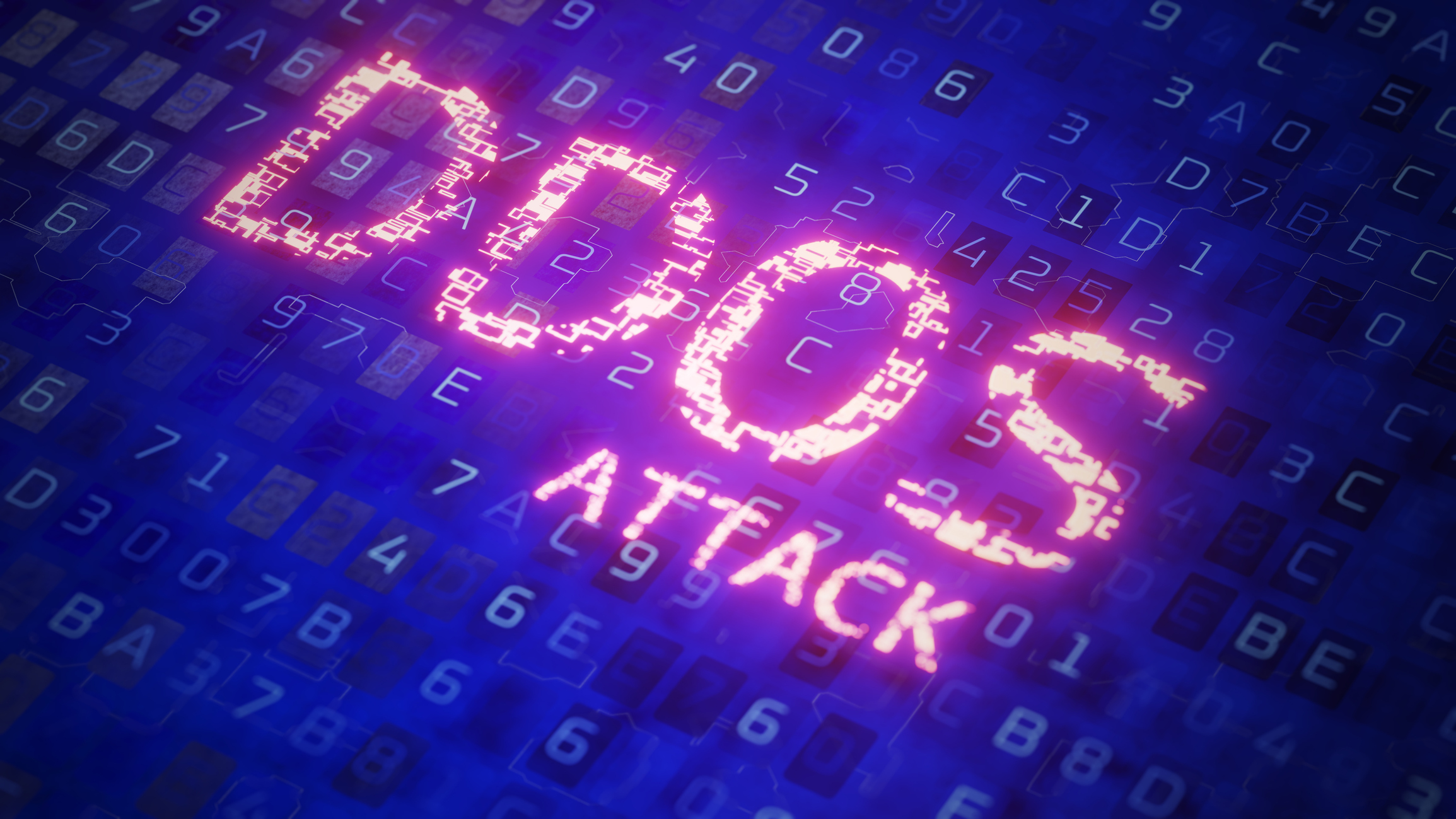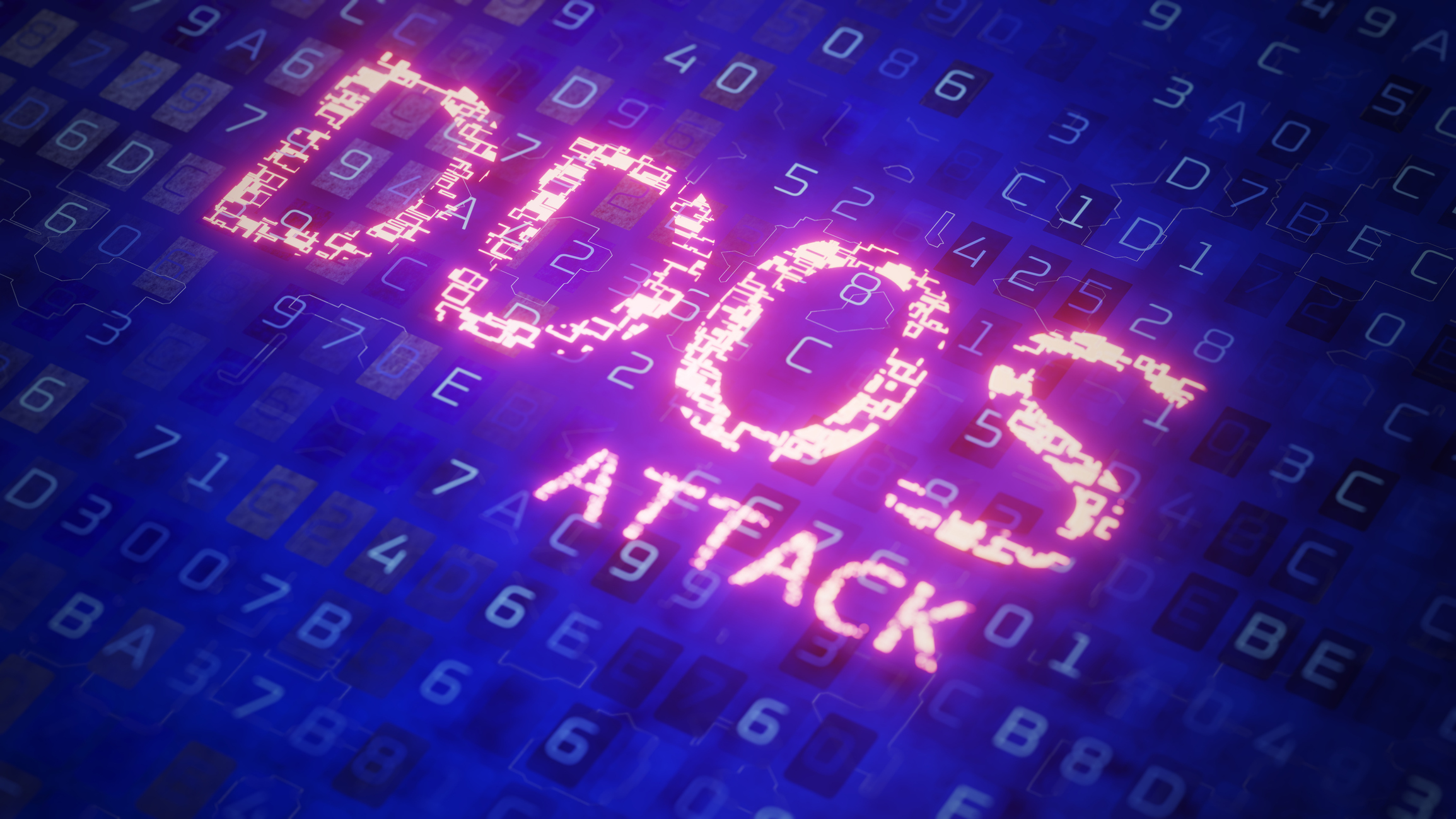
- Mr. Hamza claimed over half the strikes in a coordinated wave of digital retaliation
- Hacktivists redirected fury from Israel to America in a stunning 48-hour escalation
- U.S. military-linked manufacturers became primary targets in a pointed cyber warning shot
An abrupt and massive rise in Distributed Denial of Service (DDoS) attacks against U.S. businesses has coincided with Washington’s involvement in the Israel-Iran conflict.
According to Radware’s Director of Threat Intelligence, Pascal Geenens, between June 21 and 22, 2025, hacktivist-led DDoS claims surged by 800%.
This dramatic increase was paralleled by a 900% drop in attacks against Israel, suggesting a deliberate redirection of focus away from Israel and toward its most prominent ally.
You may like
Key groups behind the DDoS escalation
The spike in cyber hostility has been attributed largely to the actions of a few specific threat groups.
Mr. Hamza, a hacktivist group known for its cyberattacks, was responsible for more than half of the claimed attacks in the U.S., while Mysterious Team Bangladesh and Keynous+ each claimed responsibility for over 17%.
The presence of other smaller groups, such as Team Fearless (PS), further indicates a broad, if loosely organized, coalition acting on a shared political motivation.
Radware’s data suggests this alignment stems more from anti-U.S. sentiment over its stance in the Middle Eastern conflict than from any centralized coordination.
Crucially, the sectors targeted during the June 22 escalation included manufacturing, finance, and government.
Manufacturing stood out not only in terms of volume but also in its specificity, with many of the victims tied to military and aerospace production.
This pattern points to more than random disruption, it reflects a calculated effort to destabilize core defense and economic infrastructures.
“Notably, many of the manufacturing-related targets were linked to military and defense production, particularly companies involved in air defense and aerospace systems,” Geenens emphasized.
The nature of DDoS attacks makes it difficult to determine long-term strategic intentions, but their use as a disruptive tool is clear.
Hacktivist-driven campaigns have historically served as early warnings of more sustained or damaging attacks.
These assaults are therefore more than digital noise, they may well foreshadow deeper incursions.
Companies that rely on online operations, from government contractors to sellers using ecommerce platforms, must strengthen their cyber resilience.
For those building new online storefronts using ecommerce website builders, security protocols now require as much attention as usability or design.
As a result, choosing providers that offer the best DDoS protection is no longer a matter of precaution but a necessity.
You might also like
Services Marketplace – Listings, Bookings & Reviews
